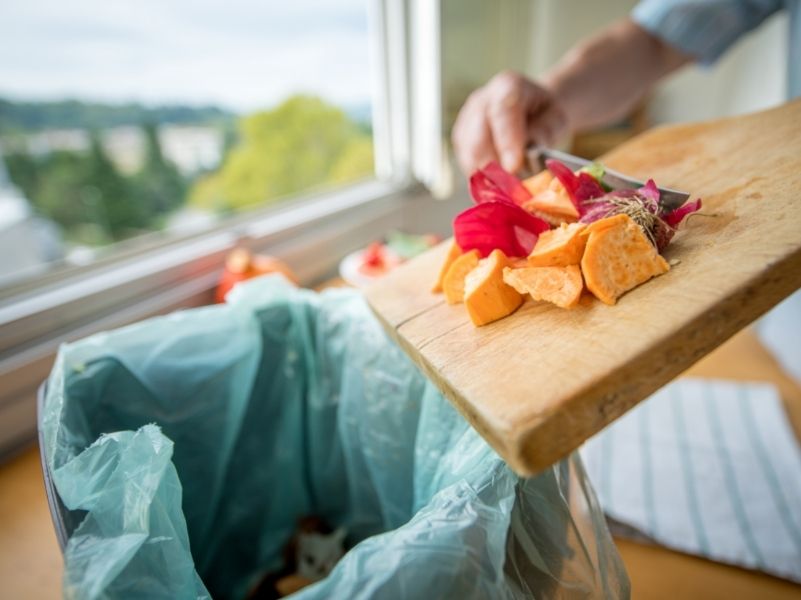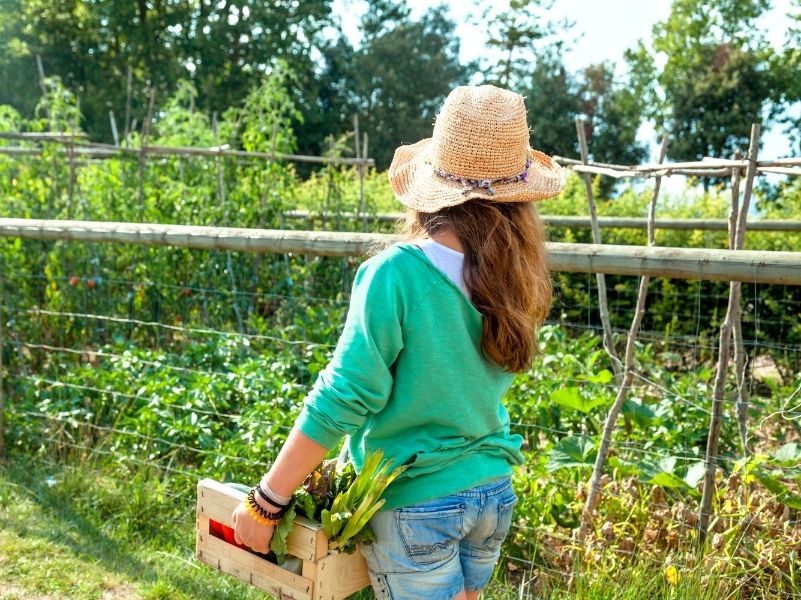Individual actions
What can YOU do to make a difference as a nurse today?
At Work
- Turn off lights, fans, and electronics in unoccupied areas. If you work in a hospital and have unoccupied patient rooms, turn off the lights and TV if the patient leaves for a procedure or if the room is vacant. If you work in an office setting, turn off electronics in unoccupied clinic and conference rooms.
- If your work provides disposable cups for beverages, eliminate the need for them by having coworkers use their own reusable cup. The same can be done with utensils.
- Report leaks in bathrooms and kitchen areas so they can be fixed.
- Print double sided! Or even better, don’t print at all.
- Nurses are awesome at finding solutions to problems. They also can see areas that are particularly wasteful. Find out with whom you can discuss wasteful practices. For example, if you work in the operating room and utilize premade surgical kits, and often many items are discarded because they aren’t needed or preferred, discuss if the kits can be changed so that less materials are wasted. The same concept applies to kits on units in the hospitals such as foley insertion kits or tube feeding kits. Speak up that items are being wasted. Hospital administrators want to know how they can save money!
At Home
When ordering take out at home, take steps to reduce waste. Request that no napkins, flatware, or condiments be included with your order. There are some take out restaurants and services that offer reusable containers – support these businesses.
Don’t store food or reheat food in plastic containers. Plastic containers can leach harmful chemicals into your food. See ReThink Plastic to learn more.
- Shop at Farmers’ Markets (find one with this Farmers’ Market finder)
- Eat less meat.
- Eat fish that cause less harm to the environment. See the EDF’s Seafood Selector.
- Collect and reuse gray water
- Use the dishwasher and washer only when you have a full load. Use a basin in the skin to use less water.
- Turn the faucet on just a fraction when you are washing/rinsing something – you can save a lot of water.
- Use cold water in the kitchen faucet, you’ll save energy that it takes to heat water.
- Compost – learn more at CalRecycle’s Home Composting Guide.
- Join a Buy Nothing group
- Find reuse thrift stores in your area
In the Garden
- Plant native plants!
- Grow your own food
- Plant a pollinator garden




